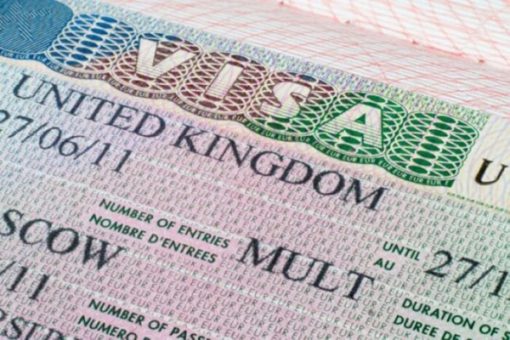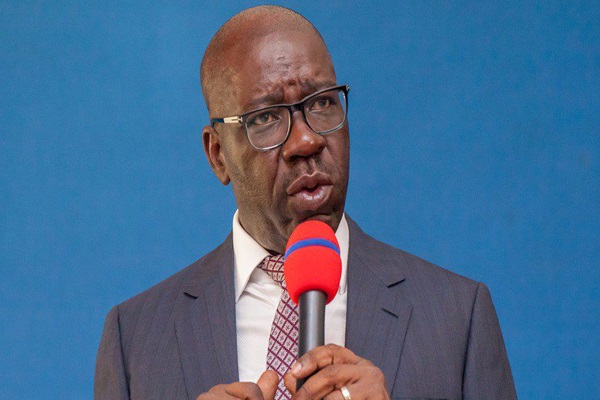The United States Government is moving to shorten the validity of visas for international students and foreign journalists, a shift that could have far-reaching consequences for education and media exchange.
In a new proposal by the Department of Homeland Security (DHS), student visas under the F category would be capped at a maximum of four years. Currently, these visas typically cover the entire academic program, which often stretches beyond five years for doctoral candidates.
For foreign journalists, the proposed rule is even stricter. Visa validity would be limited to 240 days, with the possibility of a one-time extension for another 240 days. However, the total period granted would not exceed the length of the journalist’s official assignment. Any extension requests would need to go through U.S. Citizenship and Immigration Services (USCIS), which would include additional security vetting. Previously, journalists from countries like Germany were eligible for visas lasting up to five years.

READ ALSO
No Hiding Online: U.S. Demands Nigerian Visa Applicants List 5 Years of Social Media Handles
US 3-Month Single-Entry Visa Rule; Nigeria and 30 Other African Countries
DHS defended the proposal, saying, “For too long, foreign students and visa holders have been allowed to remain in the U.S. virtually indefinitely. This poses security risks, financial burdens, and potential disadvantages to U.S. citizens.” The department insisted the measure was aimed at curbing visa abuse and tightening oversight.
But the plan has drawn strong criticism, especially from the higher education sector. Miriam Feldblum, president and CEO of the Presidents’ Alliance on Higher Education and Immigration, warned the changes would disrupt academic life. “This rule would force international students and scholars into frequent reapplications, interrupting their studies and straining university operations,” she said. She further cautioned that uncertainty over visa renewals could discourage global talent from choosing U.S. institutions.




